Opening Our Eyes to the Great Landscape of the Mind
By Glenn Arbery
President, Wyoming Catholic College, Lander, Wyoming, USA
Toward the end of The Idea of a University, St. John Henry Cardinal Newman—and what a bracing thing it is that this giant of theology and master of English prose has been canonized—includes an address called “Discipline of Mind” that he gave to those hearing the Evening Lectures at University College Dublin. These were men who could not matriculate fulltime because of their jobs, but who attended what we now call night classes, and they undertook this course of study to improve themselves as Catholic men, not to make more money. Newman holds them in a special regard, not least because they show such strong resistance to the rising influence of secular, utilitarian thought. In his address to them, he distills into a few pages the whole end of education by explaining the nature of a disciplined mind.
It strikes home for Wyoming Catholic College.
With our integrated curriculum, our emphasis on the great works of the Western tradition, our deeply Catholic identity, and our incorporation of the experiences of horsemanship and the challenges of mountain wilderness into the education of all students, Newman’s description of the disciplined mind is especially apt.
Our freshmen begin their education with physical discipline on a 21-day backpacking expedition in the Teton Wilderness or the Wind River Mountains.
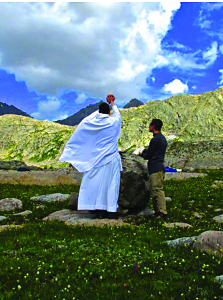 As they get to know each other and the beauty of God’s creation, they also learn what it means to live without modern technology, how to ration food and energy, how to read the signs of landscape and weather, how to plan ahead for the next day, how to lead a group.
As they get to know each other and the beauty of God’s creation, they also learn what it means to live without modern technology, how to ration food and energy, how to read the signs of landscape and weather, how to plan ahead for the next day, how to lead a group.
When they come back to Lander and begin classes, they already have a powerful, experienced analogy of the good of discipline, one that begins to open their eyes to the great landscape of the mind.
What they undergo in the first month of classes echoes what Newman says about blindness: “The position of our minds, as far as they are uncultivated, towards intellectual objects,—I mean of our minds, before they have been disciplined and formed by the action of our reason upon them,—is analogous to that of a blind man towards the objects of vision, at the moment when eyes are for the first time given to him by the skill of the operator.”
He describes how, for the blind man, “the multitude of things, which present themselves to the sight under a multiplicity of shapes and hues, pour in upon him from the external world all at once, and are at first nothing else but lines and colors, without mutual connection, dependence, or contrast, without order or principle, without drift or meaning.” Gradually, however, with the help of touch and experience, “what was an unintelligible wilderness becomes a landscape or a scene.”
Just so, the backcountry becomes a source of challenge and spiritual rebirth for our students, and when they begin classes—Humanities, Theology, Latin, Philosophy, Field Science— it is for many another wilderness. “When the mind looks out for the first time into this manifold spiritual world,” writes Newman, “it is just as much confused and dazzled and distracted as are the eyes of the blind when they first begin to see; and it is by a long process, and with much effort and anxiety, that we begin hardly and partially to apprehend its various contents and to put each in its proper place.”
Most half-educated people, says Newman, experience the “spiritual world” of the intellect in a disordered and confusing way. What was true in 1858 remains true today, but the resources of distraction and of half-knowledge have increased exponentially, as five minutes on the Internet quickly demonstrate. Newman goes on in this essay to describe someone who has a broad but shallow knowledge of many things, but who would be hard-pressed to say anything cogent on any particular subject after his first few remarks. To this condition of mental disarray, which leads to eventual skepticism, he contrasts what it means to have a discipline of mind— and, again, I am led to think what happens over the course of four years at Wyoming Catholic College.
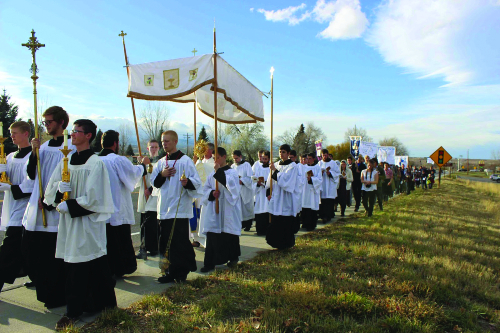
Eucharistic Procession for All Saints’ Day at Wyoming Catholic College
“Consider,” he writes, “what a discipline in accuracy of thought it is to have to construe a foreign language into your own; what a still severer and more improving exercise it is to translate from your own into a foreign language. Consider, again, what a lesson in memory and discrimination it is to get up, as it is called, any one chapter of history… and what an exercise in logical precision it is to understand and enunciate the proof of any of the more difficult propositions of Euclid, or to master any one of the great arguments for Christianity so thoroughly as to bear examination upon it.” There is a vast difference between having a disciplined, trained mind, which really understands the relations between things, and possessing a “litter,” as he calls it, of information.
Our students at Wyoming Catholic College spend four years working to achieve a disciplined mind. For two semesters, for example, they work through the proofs of Euclid’s Elements; they take Theology for all four years, working through (among many other things) the logic of Thomas Aquinas’s arguments about the Trinity and the Incarnation, where in doing so they draw their study of logic. They discuss in detail, predominantly in seminars, the greatest texts of the Western tradition in literature, history, and philosophy. They learn science through hands-on experience of the natural world. They memorize thirty or more lyric poems. They learn Latin by speaking it, sometimes on weeklong outdoor trips.
As Newman writes, “the result is a formation of mind — that is, a habit of order and system, a habit of referring every accession of knowledge to what we already know, and of adjusting the one with the other; and, moreover, as such a habit implies, the actual acceptance and use of certain principles as centers of thought, around which our knowledge grows and is located.”
For Newman, what makes this discipline of mind particularly necessary is that it provides the capacity for real judgment. “Where this critical faculty exists, history is no longer a mere storybook, or biography a romance; orators and publications of the day are no longer infallible authorities; eloquent diction is no longer a substitute for matter, nor bold statements, or lively descriptions, a substitute for proof. This is that faculty of perception in intellectual matters, which, as I have said so often, is analogous to the capacity we all have of mastering the multitude of lines and colors which pour in upon our eyes, and of deciding what every one of them is worth.”
For many years, I have resisted the term “critical thinking” because it suggests the desirability of a faithless, skeptical attitude that characterizes many in the modern academic world. If it usually meant what Newman means, a “faculty of perception in intellectual matters” that makes its possessor able to judge rightly the statements of others, then certainly it would be one of the ends of education in a college like ours. We seek to develop the “critical faculty,” because it signifies the presence of sight in Newman’s sense. Forming this discipline of mind remains possible in this current society, because of our capacity to act freely if we give up certain entangling supports (such as federal aid).
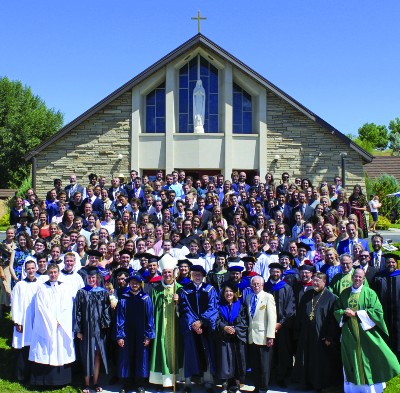
All the Wyoming Catholic College students, faculty, and staff get together after the Convocation Mass in front of Holy Catholic Church in Lander. (Photo: Bill Sniffin)
Part of our vision at Wyoming Catholic is like Newman’s for these laymen in the Evening Classes.
I will simply substitute “America” for the Ireland of his initial address: “I think that incalculable benefits may ensue to the Catholic cause, greater almost than that which even singularly gifted theologians or controversialists could effect, if a body of men in your station of life shall be found in the great towns of [America], not disputatious, contentious, loquacious, presumptuous (of course I am not advocating inquiry for mere argument’s sake), but gravely and solidly educated in Catholic knowledge, intelligent, acute, versed in their religion, sensitive of its beauty and majesty, alive to the arguments in its behalf, and aware both of its difficulties and of the mode of treating them.”
Who would not want such graduates? I cannot help but think that Newman uses the analogy of the blind man because of Christ’s miracles of healing. He means for those who become aware of their intellectual blindness to understand their cure to be the work of Christ Himself through Catholic education.
At Wyoming Catholic College, our incoming students know from the outset that “the first step in attaining this desirable end is that you should submit yourselves to a curriculum of studies.”
That they do so at colleges like ours — that they do so willingly, knowing what it is they seek — is one of the great and hopeful signs of a cure for the blindness of our time.
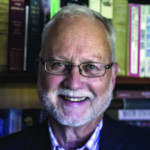 Originally a Southerner and a Protestant, Dr. Glenn Arbery’s reading of Flannery O’Connor at the University of Georgia began his journey toward the Catholic Church.
Originally a Southerner and a Protestant, Dr. Glenn Arbery’s reading of Flannery O’Connor at the University of Georgia began his journey toward the Catholic Church.
A convert at 25, he entered the Church at the University of Dallas, where he met his wife Virginia and took his Ph.D. in Literature and Politics.
He has taught literature at the University of St. Thomas; Thomas More College of Liberal Arts; the University of Dallas (through the Dallas Institute); and Assumption College, where he held the d’Alzon Chair of Liberal Education. In 2013, Dr. Arbery and his wife, also a Ph.D. from the University of Dallas, went to Wyoming Catholic College to teach Humanities, Trivium, and Philosophy; he became president of the college in 2016.
He has served as an editor at People Newspapers in Dallas, written numerous essays and reviews, and published two volumes, Why Literature Matters (2001) and The Southern Critics (2010), editor. He is the editor of The Tragic Abyss (2003) and Augustine’s Confessions and Its Influence (2019). His novel Bearings and Distances was published in 2015, and a second novel, Boundaries of Eden, is now under consideration.


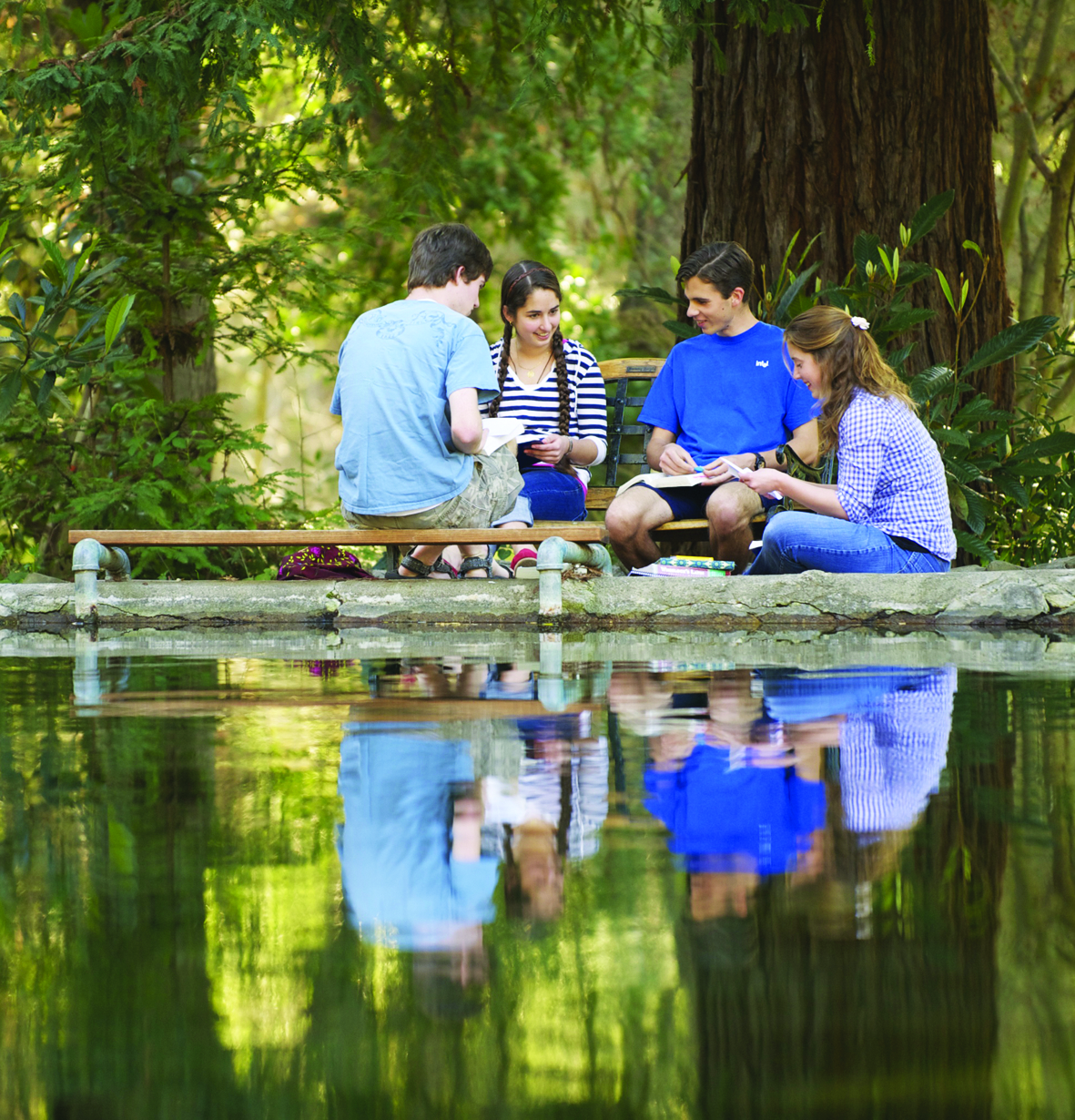

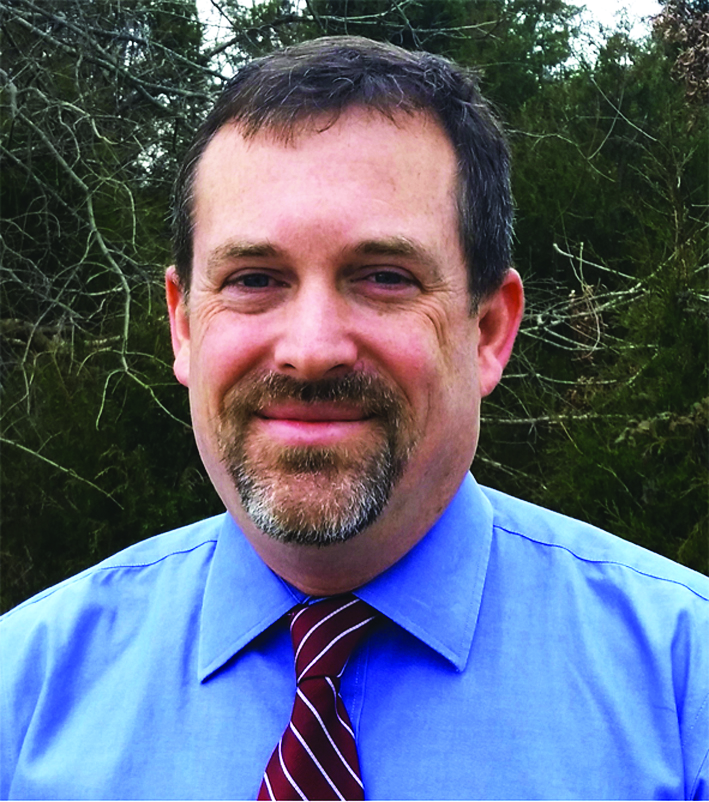
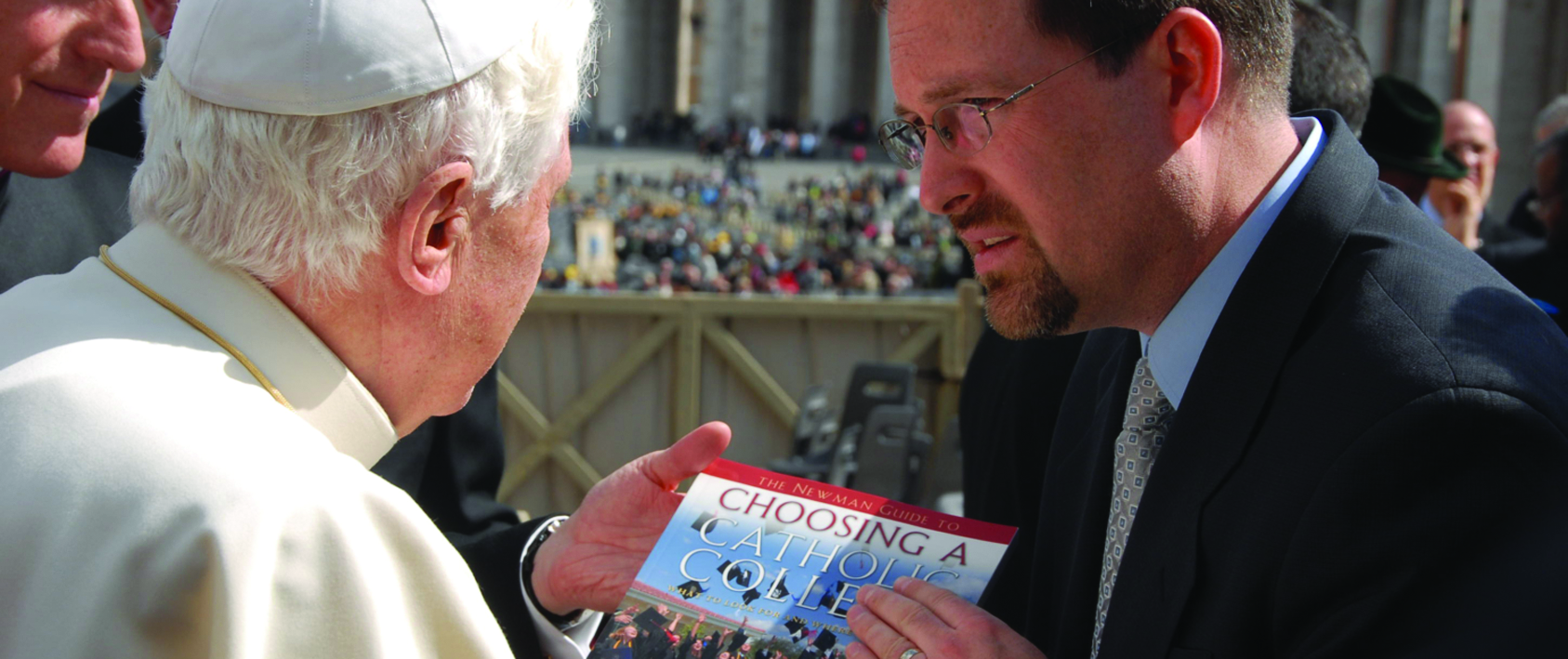
Facebook Comments